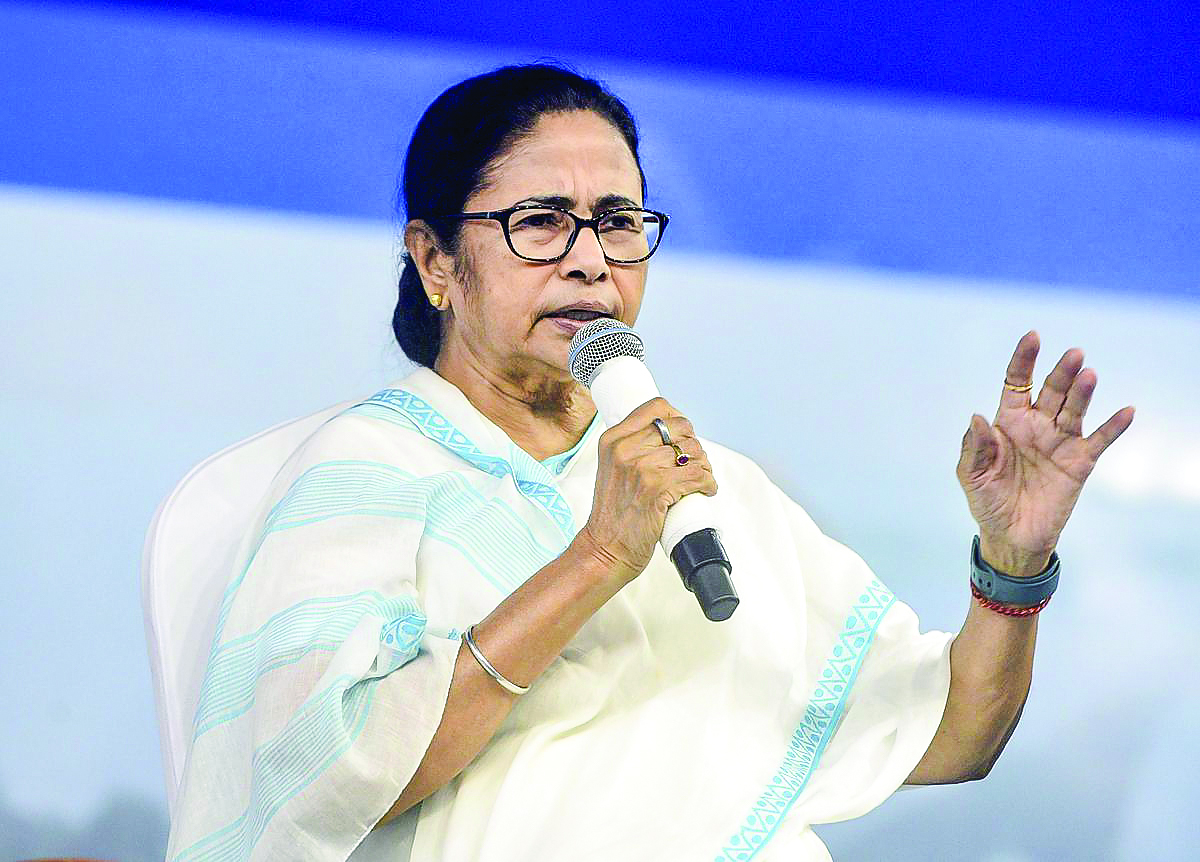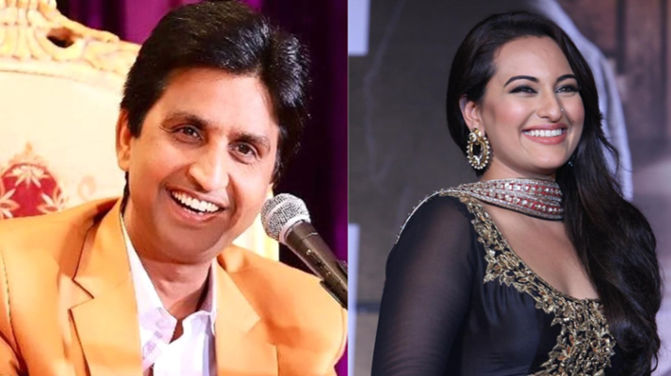West Bengal Chief Minister and Trinamool Congress supremo Mamata Banerjee on Monday slammed the Centre for not inviting her to be a part of talks between Prime Minister Narendra Modi and his Bangladeshi counterpart Sheikh Hasina. She raised strong objections to the talks on water sharing between the Centre and Bangladesh, while excluding West Bengal, a key stakeholder.
Highlighting the close relationship between Kolkata and Dhaka, Banerjee said: “Such unilateral deliberations and discussions without consultation and the opinion of the State Government are neither acceptable nor desirable.”
The West Bengal Chief Minister wrote: “No discussion on sharing of Teesta water and the Farakka Treaty should be taken up with Bangladesh without the involvement of the State Government. The interest of people in West Bengal is paramount which should not be compromised at any cost.”
In the recently held bilateral meeting between Prime Minister Modi and his Bangladesh counterpart, Sheikh Hasina, the two leaders discussed the conservation and management of the River Teesta and the renewal of the 1996 Ganga Water Treaty.
Addressing the media after the meeting, PM Modi said that a technical team will soon visit Bangladesh to discuss “conservation and management of the Teesta River.”
India plans to construct a large reservoir and related infrastructure to manage and conserve Teesta’s water.
However, this proposal has met with staunch opposition from Mamata Banerjee, who has long resisted water-sharing agreements, citing the negative impacts of the Farakka barrage, including erosion, siltation, and flooding in West Bengal.
“People of West Bengal will be the worst sufferers due to the impact of such agreements. I came to understand that the Government of India is in the process of renewing the Indo-Bangladesh Farakka Treaty (1996) which is to expire in 2026. It is a Treaty which delineates the principles of sharing of water between Bangladesh and India and as you are aware it has huge implications for the people of West Bengal for maintaining their livelihood and that the water which is diverted at the Farakka Barrage helps in maintaining the navigability of the Kolkata port,” she said in the letter to Prime Minister Modi.
In her three-page letter, Mamata Banerjee wrote: “I would like to bring to your notice that river morphology has changed in the eastern part of India and Bangladesh over many years which deprived West Bengal and negatively impacted the water availability in the State.
There has been eastward migration of the Ganges (and Padma to Bangladesh) over the last 200 years disrupting their link with several rivers in West Bengal. For example, Jalangi and Mathabhanga rivers got disconnected from Padma and the fresh water inflow into the Sundarban has reduced.
“It is very pertinent to mention that the flow of silt into the Hooghly has also reduced over the years after the barrage was constructed. This has accentuated erosion by the rivers and the areas both in the upstream and downstream of the barrage have faced serious loss of “life and property including public infrastructure such as schools, hospitals, health centres, power lines in the past.







